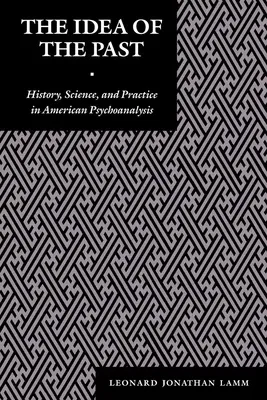Leonard J Lamm
(Author)The Idea of the Past: History, Science, and Practice in American Psychoanalysis (Revised)Paperback - Revised, 1 August 1997

Qty
1
Turbo
Ships in 2 - 3 days
In Stock
Free Delivery
Cash on Delivery
15 Days
Free Returns
Secure Checkout

Part of Series
Psychoanalytic Crosscurrents
Print Length
330 pages
Language
English
Publisher
New York University Press
Date Published
1 Aug 1997
ISBN-10
0814751393
ISBN-13
9780814751398
Description
Product Details
Author:
Book Edition:
Revised
Book Format:
Paperback
Country of Origin:
US
Date Published:
1 August 1997
Dimensions:
22.76 x
14.96 x
2.08 cm
ISBN-10:
0814751393
ISBN-13:
9780814751398
Language:
English
Location:
New York
Pages:
330
Publisher:
Series:
Weight:
453.59 gm